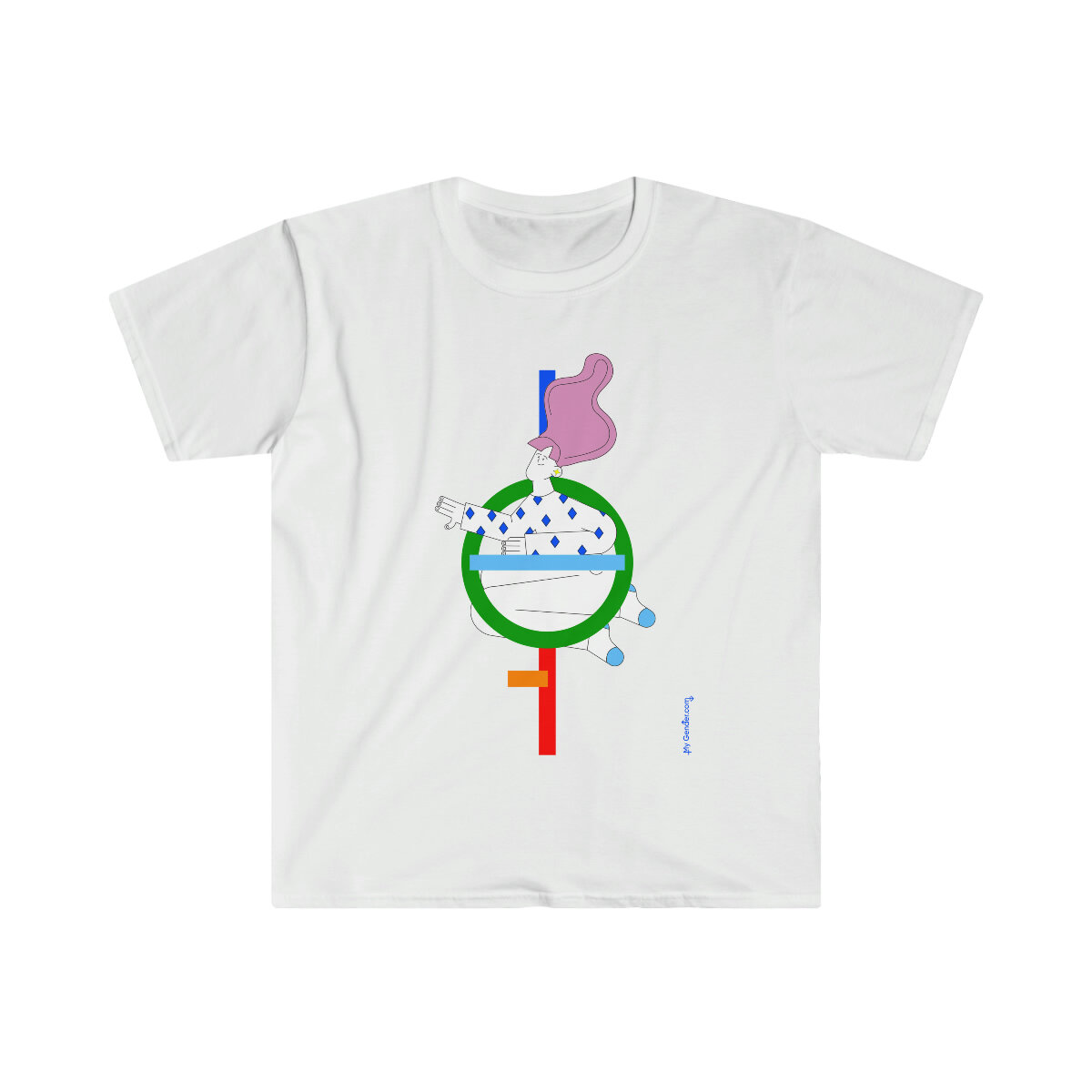Demigender

Demigender
Demigender is a gender identity that describes a partial connection to a specific gender identity or the concept of gender. A demigender person may feel partially connected to one or more genders, but not fully. For example, a demigirl may feel partially connected to femininity, but not fully identify as a woman. Similarly, a demiboy may partially identify with masculinity, but not fully identify as a man.
Other identities under the demigender umbrella include demineutrois, demifluid, and deminonbinary. Demigender individuals may also identify as nonbinary, and their gender identity can be fluid or static.
Certificate

Pronouns
The pronouns that demigender individuals use can vary depending on their gender identity and the extent to which they feel connected to a particular gender.
For example, a demigirl may use she/her or they/them pronouns, while a demiboy may use he/him or they/them pronouns. Some demigender individuals may prefer to use gender-neutral pronouns such as they/them/theirs or neopronouns like xe/xem/xyr. It is important to ask each individual for their preferred pronouns and to use those pronouns with respect and accuracy.
Celebrities
Here are a few examples of celebrities who have publicly identified as demigender:
Indya Moore - actor known for their role in "Pose"
Demi Lovato - singer and actor
Alok Vaid-Menon - writer, performer, and activist
Travis Alabanza - poet, performer, and writer
Jacob Tobia - author, producer, and LGBTQ+ rights activist
Kat Blaque - writer, artist, and YouTuber
Liv Hewson - actor known for their role in "Santa Clarita Diet"
JD Samson - musician, producer, and activist
Micah Porter - artist, writer, and performer
Gender Types
Gender identity is a deeply personal and complex aspect of a person's identity, and it can vary widely from person to person. Some people identify as male, some as female, while others identify as non-binary, genderqueer, or another gender identity.
Gender identity refers to a person's internal sense of their own gender, which may or may not align with the sex they were assigned at birth. In other words, it is a person's subjective experience of their own gender.
Identity & expression
It's important to note that gender identity is not the same as biological sex, which is typically assigned at birth based on physical characteristics. Gender identity is also distinct from gender expression, which refers to how a person presents their gender to the world through clothing, hairstyle, behavior, and other factors.
Respect
It's important to respect and validate each individual's gender identity, regardless of how it may differ from societal expectations or traditional notions of gender. People should be able to express their gender identity in a way that feels authentic to them and should be able to access the rights and protections they need to live fulfilling lives.




